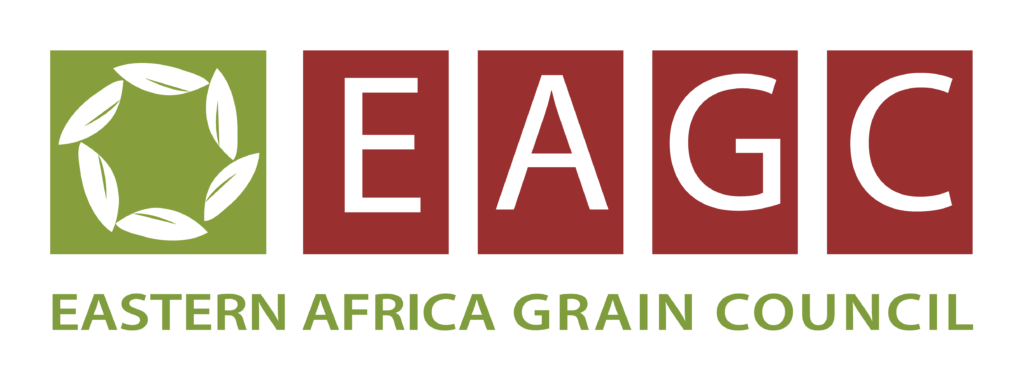With funding from United States Agency for International Development (USAID) through the Economic Recovery and Reform Activity, Trademark Africa and The Eastern Africa Grain Council (EAGC) held a Collaboration, Learning and Adaptation Event (CLA) christened the East Africa Staples Food Trade Public Policy Dialogue (PPD) and B2B Forum on 26th and 27th April 2023 at the Panari Hotel in Nairobi, Kenya. Attended by over 180 delegates from 8 countries in Eastern Africa, the forum was convened to deliberate on the status and current staple food production and trade landscape in the region. The outcomes of the discussions from the PPD were aimed to inform appropriate policy and programmatic interventions by
EAGC and TMA through the ERRA programme. The forum identified and analysed constraints and opportunities in the grains and pulses sector from national and regional perspectives as provided by the participants. Short, medium and long-term policy and private sector interventions were proposed towards addressing the challenges in the sector while taking advantage of the opportunities.
Day 1 of the forum brought together key agribusiness stakeholders, primarily from the private sector but also from government and development partners, from Kenya, Tanzania, Rwanda, Burundi, Uganda, DR Congo, Malawi and Zambia. A regional-level conversation and policy dialogue was held about critical issues facing grains and pulses production, trade and as well as on regional-wide solutions to be pursued by governments, the private sector, researchers, development partners and other key stakeholders.
A Business-to-Business networking luncheon held on day 2 provided an opportunity for key private sector players to identify and hold business discussions with key suppliers and market actors within their business interests to help identify and negotiate new market and supply chain opportunities. As a result, trade contracts for immediate and future business linkages and partnership were developed. Specifically, business opportunities for trade in grains, equipment, and machinery as well as structured trade financing for the staple food supply and market chains were identified.
Regional trade in staple food commodities is an important aspect of food security and economic ecosystem in Eastern Africa. Countries that produce significant surplus of these commodities, such as Tanzania, Uganda and Zambia, play an important role in filling gaps in food availability in deficit countries such as Kenya, Rwanda and South Sudan, in return for market access for their surplus produce. Complementary crop calendars also underpin regional trade flows throughout the year whereby a harvest in one country of sub-region complements a lean season in another.
Significant progress has been made over the years to create the necessary infrastructure, policy environment and systems to facilitate intra-regional food trade. Staple food standards have been harmonized in the East African Community; cross-border trade has been simplified through the Simplified Trade Regime and One-Stop Border Posts, among others, and investments in transport infrastructure, to name a few. However, major challenges persist which have meant that, while intra-regional staple food trade flows have increased over the years, the above-mentioned opportunities remain greatly underutilized, much to the detriment of rural livelihoods, regional economies, job creation and food security.
TMA and EAGC, therefore, convened this forum to identify priority investments required to address bottlenecks in the sector and find sustainable solutions.

